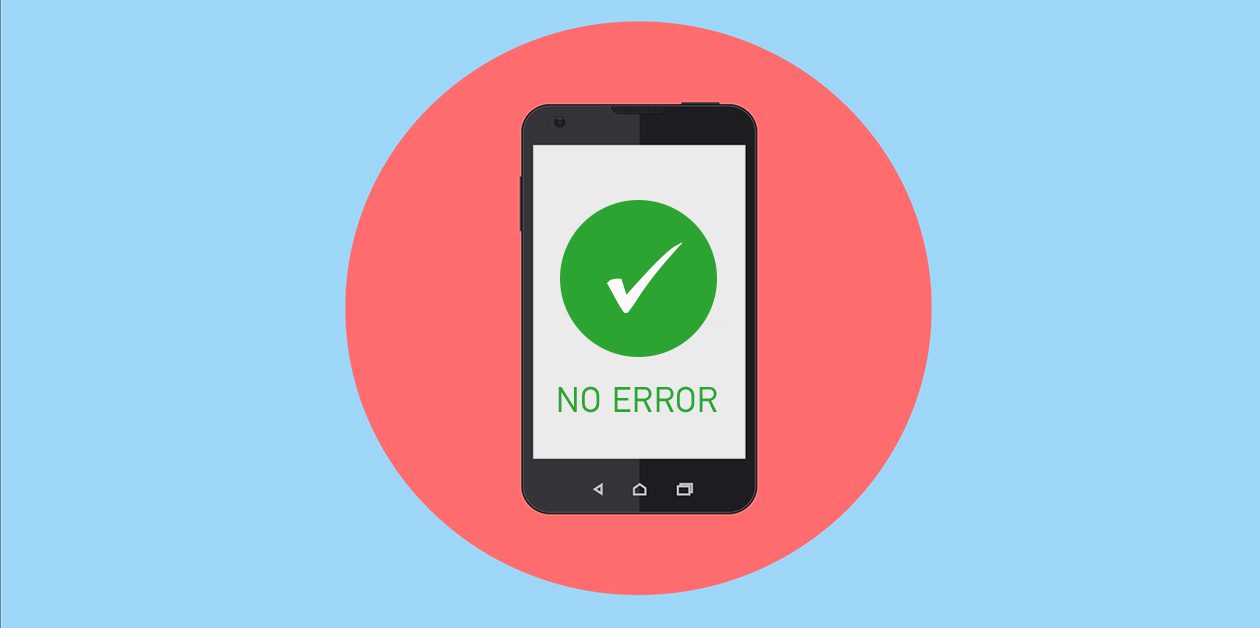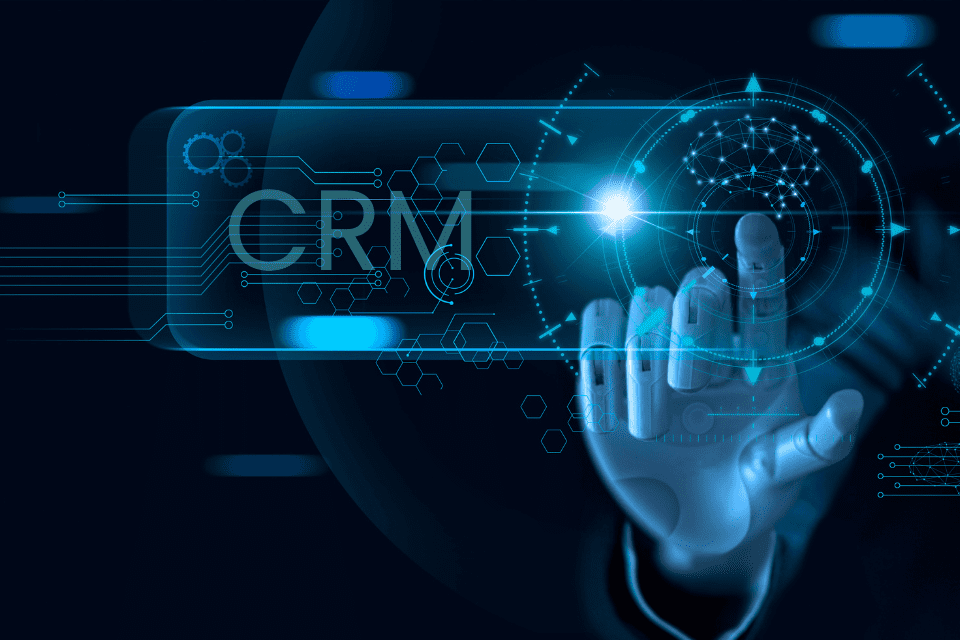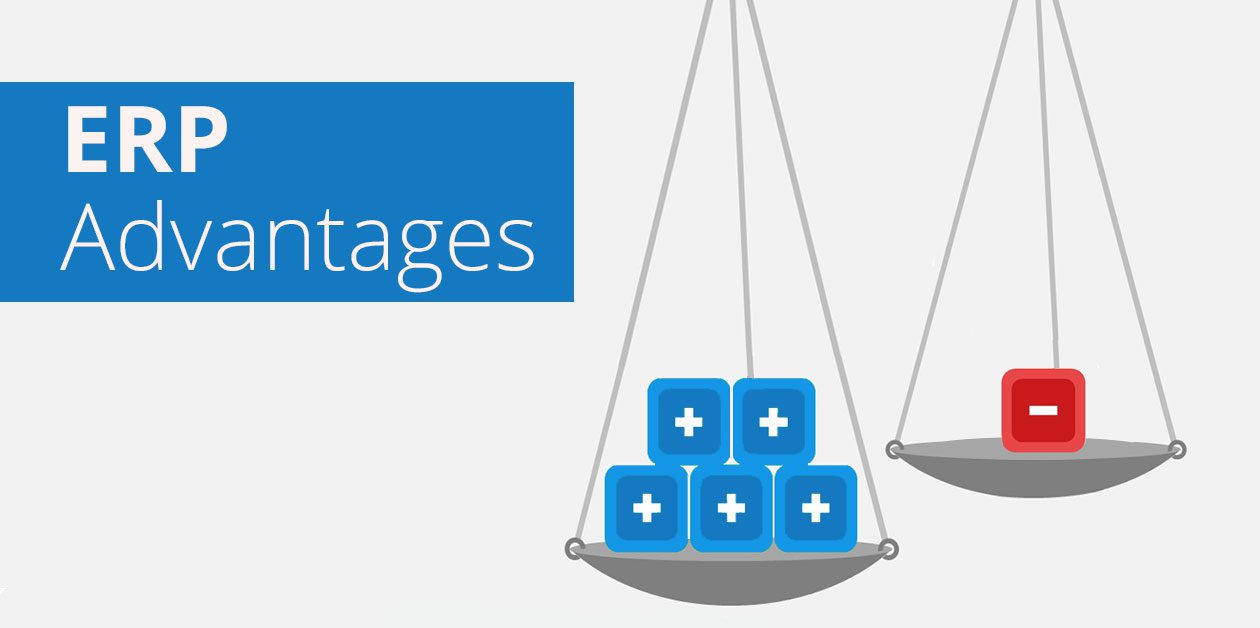Share
Read also

Trends & Views
Digital transformation trends for 2025
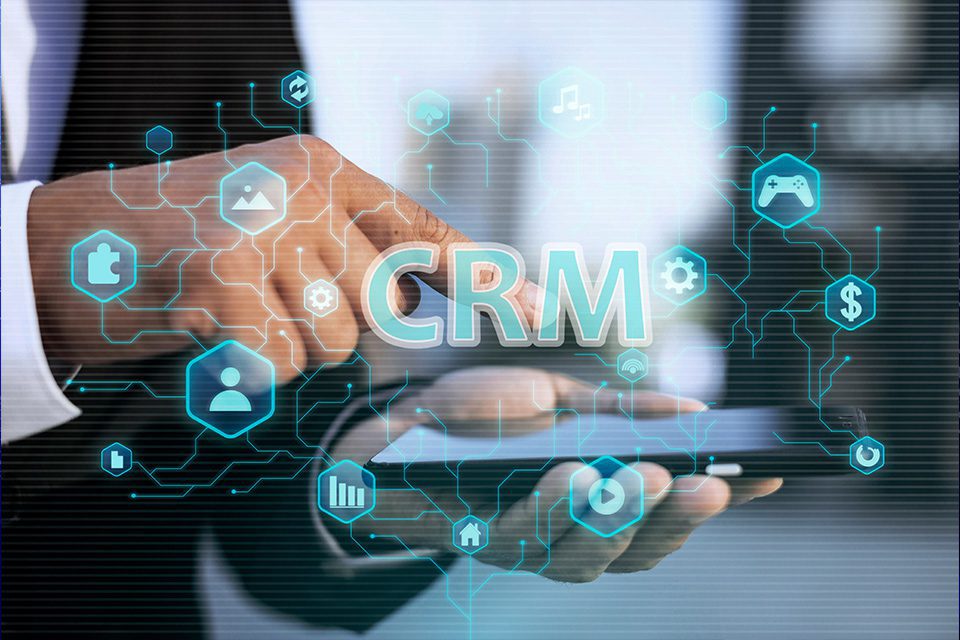
Trends & Views
CRM trends for 2025
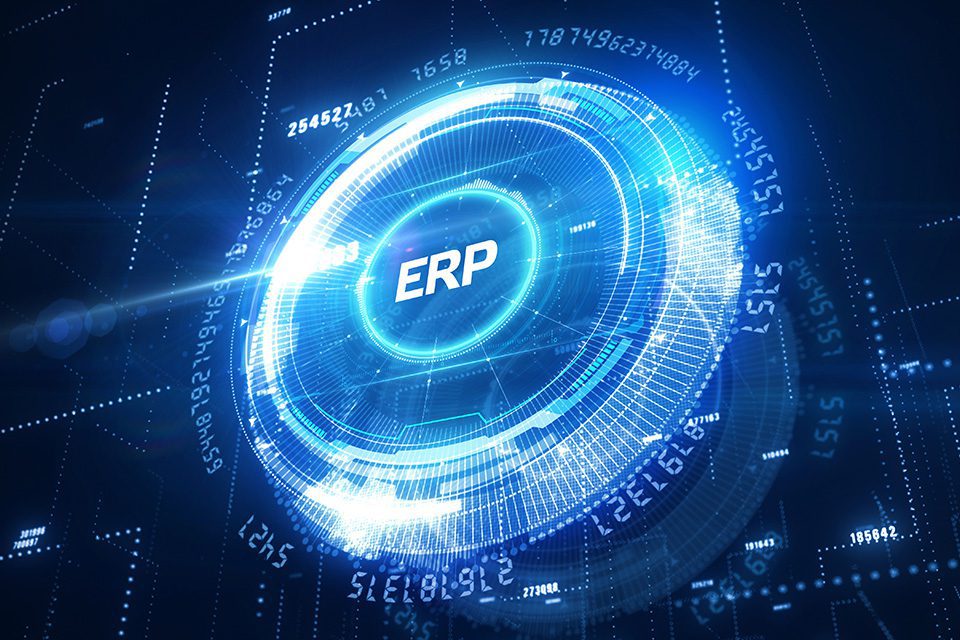
Trends & Views
ERP trends for 2025

Trends & Views
Digital Delivery Note: Premiere for businesses
It is widely known and accepted that, up until recently, small and medium businesses were lacking in terms of quick and accurate process management in comparison to big organizations, which have more available resources as well as the additional personnel required to handle such complex activities more effectively. The emergence of ERP systems drastically changed the scenery, as they brought a new sense of “equality”, offering small businesses the necessary technology to compete with big players. Read below to find out the primary features of ERP solutions that contributed to this change.
An ERP solution can offer unprecedented speed to a small business. This is an extremely important advantage, especially in the retail industry, where small businesses struggle with orders, renewals, management, etc. ERP systems increase productivity by eliminating human error occurrence and automating tiresome processes that used to be performed manually. Furthermore, managers can change and adapt processes and parameters as they see fit, within the solution, in order to meet the needs and demands of an ever-changing working environment.
Imagine having access to a wide range of data, as well as seeing the bigger picture, at any given time. This is one of the biggest advantages ERP solutions have to offer, which can prove to be extremely useful both for management and other team members who (being able to access and review data) can make the right decision each and every time. In this way, delegating responsibilities becomes much easier and high-ranked executives are no longer required to make every single decision by themselves. At the same time, employees can access the data they need to do their jobs using their mobile devices and the cloud that adds another level of ease-of-use to the company’s strategy.
Although it is not uncommon for small business executives to believe that an ERP solution is just an additional expense, in reality it is quite the opposite. ERP solutions provide insights that will guide your businesses through strategically important decisions, with direct financial consequences. One such instance would be cutting unnecessary expenses by ordering the right amount of products at the right time. Actually, in this case, an ERP system could help you save even more money than originally anticipated, thanks to its safety features that protect you against online attacks and frauds, the consequences of which can be translated into significant amounts of money.
Finally, an important parameter -especially for small and new businesses- is that of providing quality services, thus maintaining your customer base. In this respect, an ERP solution is a necessary means of survival for small businesses, thanks to its ability to generate customer value. Given that the majority of processes are streamlined and automated, customers can enjoy reliable, secure and consistent services every time they need them. An ERP system eliminates uncertainties and helps you build mutually beneficial relations with your customers. According to a recent survey by Aberdeen Group, the companies using modern ERP solutions managed to increase their sales by 24%. Not too bad, is it?

